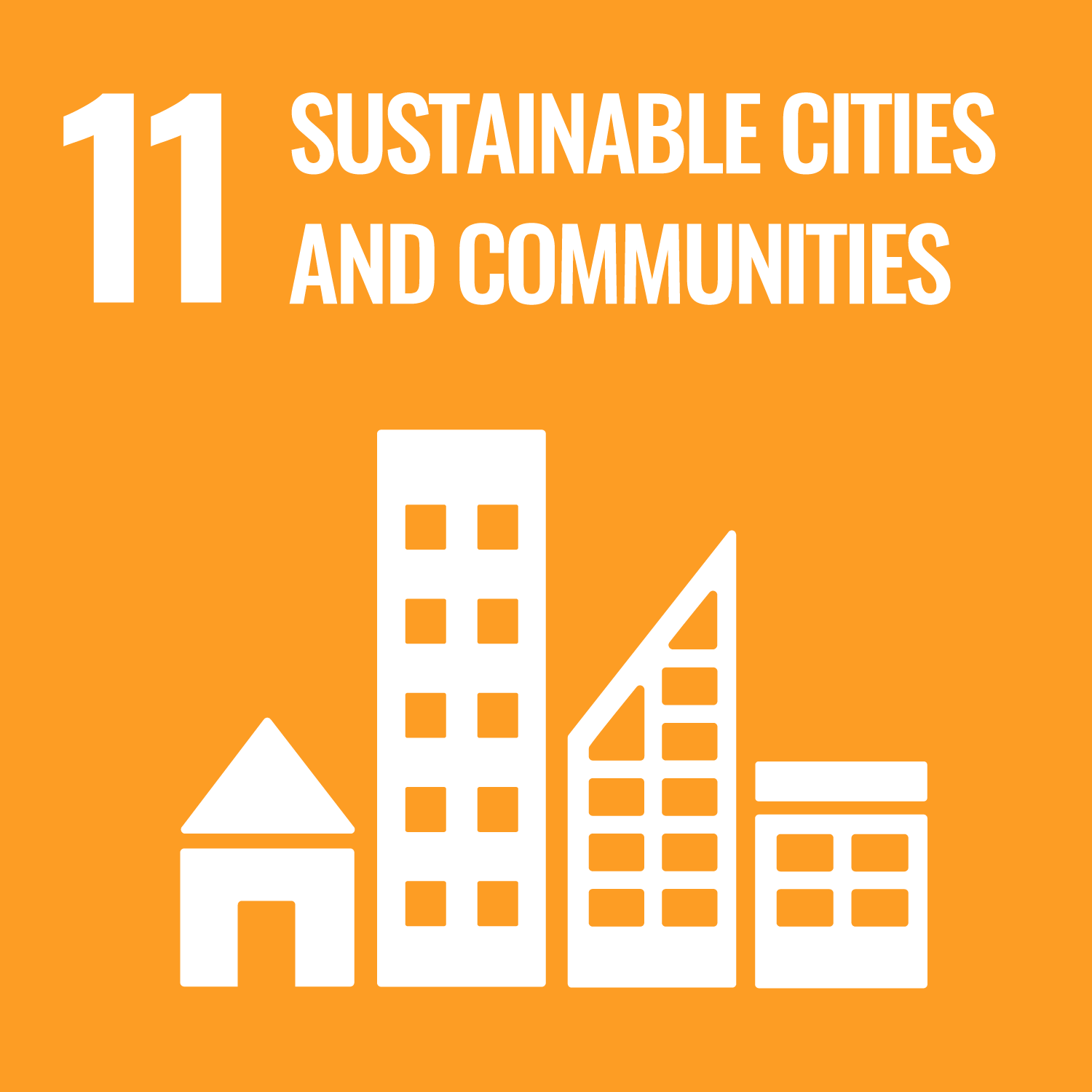Naseh, D., Bozorgchenani, A. orcid.org/0000-0003-1360-6952, Shinde, S.S. et al. (1 more author) (2025) Unified Distributed Machine Learning for 6G Intelligent Transportation Systems: A Hierarchical Approach for Terrestrial and Non-Terrestrial Networks. Network, 5 (3). 41. ISSN: 0093-3341
Abstract
The successful integration of Terrestrial and Non-Terrestrial Networks (T/NTNs) in 6G is poised to revolutionize demanding domains like Earth Observation (EO) and Intelligent Transportation Systems (ITSs). Still, it requires Distributed Machine Learning (DML) frameworks that are scalable, private, and efficient. Existing methods, such as Federated Learning (FL) and Split Learning (SL), face critical limitations in terms of client computation burden and latency. To address these challenges, this paper proposes a novel hierarchical DML paradigm. We first introduce Federated Split Transfer Learning (FSTL), a foundational framework that synergizes FL, SL, and Transfer Learning (TL) to enable efficient, privacy-preserving learning within a single client group. We then extend this concept to the Generalized FSTL (GFSTL) framework, a scalable, multi-group architecture designed for complex and large-scale networks. GFSTL orchestrates parallel training across multiple client groups managed by intermediate servers (RSUs/HAPs) and aggregates them at a higher-level central server, significantly enhancing performance. We apply this framework to a unified T/NTN architecture that seamlessly integrates vehicular, aerial, and satellite assets, enabling advanced applications in 6G ITS and EO. Comprehensive simulations using the YOLOv5 model on the Cityscapes dataset validate our approach. The results show that GFSTL not only achieves faster convergence and higher detection accuracy but also substantially reduces communication overhead compared to baseline FL, and critically, both detection accuracy and end-to-end latency remain essentially invariant as the number of participating users grows, making GFSTL especially well suited for large-scale heterogeneous 6G ITS deployments. We also provide a formal latency decomposition and analysis that explains this scaling behavior. This work establishes GFSTL as a robust and practical solution for enabling the intelligent, connected, and resilient ecosystems required for next-generation transportation and environmental monitoring.
Metadata
| Item Type: | Article |
|---|---|
| Authors/Creators: |
|
| Copyright, Publisher and Additional Information: | © 2025 by the authors. This is an open access article under the terms of the Creative Commons Attribution License (CC-BY 4.0), which permits unrestricted use, distribution and reproduction in any medium, provided the original work is properly cited. |
| Keywords: | intelligent transportation systems; federated learning; split learning; transfer learning; integrated terrestrial and non-terrestrial networks |
| Dates: |
|
| Institution: | The University of Leeds |
| Academic Units: | The University of Leeds > Faculty of Engineering & Physical Sciences (Leeds) > School of Computing (Leeds) |
| Date Deposited: | 27 Oct 2025 12:10 |
| Last Modified: | 27 Oct 2025 12:10 |
| Status: | Published |
| Publisher: | MDPI |
| Identification Number: | 10.3390/network5030041 |
| Sustainable Development Goals: | |
| Open Archives Initiative ID (OAI ID): | oai:eprints.whiterose.ac.uk:233340 |
Download
Filename: network-05-00041-v2.pdf
Licence: CC-BY 4.0


 CORE (COnnecting REpositories)
CORE (COnnecting REpositories) CORE (COnnecting REpositories)
CORE (COnnecting REpositories)